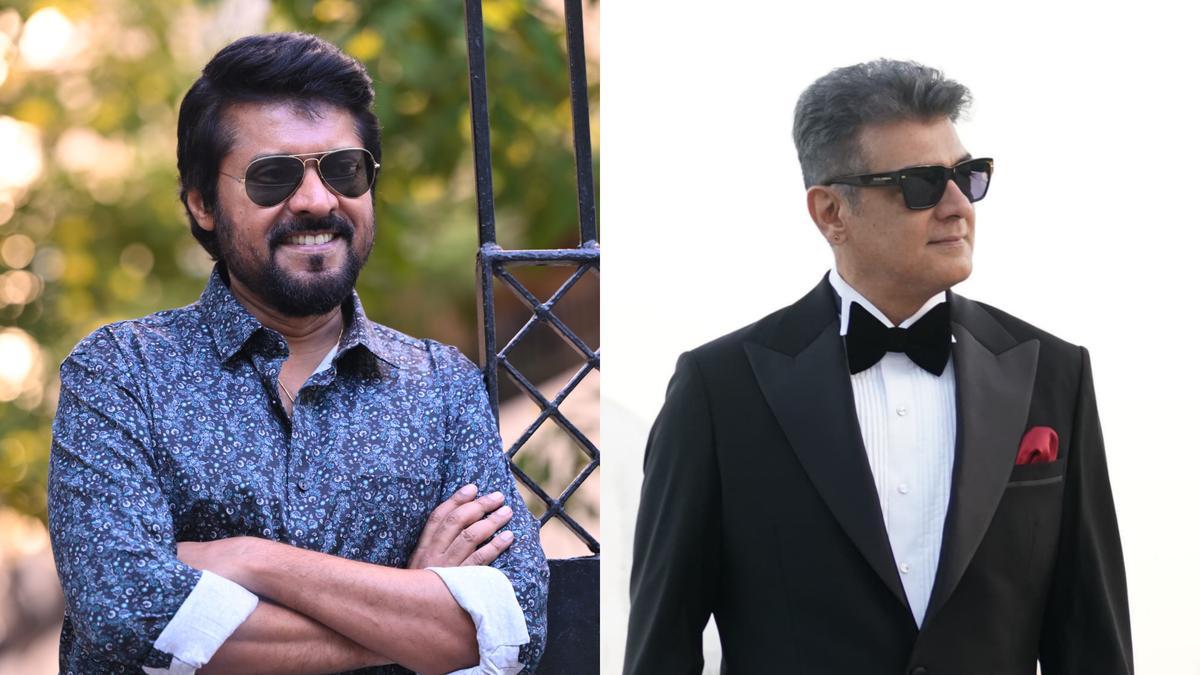
In an industry where superhero games often rise to the occasion, “Suicide Squad: Kill the Justice League” presented itself with a premise brimming with potential, only to find its aspirations undercut by the pitfalls of the live service model—a misstep reminiscent of the ill-fated “Marvel’s Avengers” from 2020. Sadly, apathy towards the live service game only became apparent when services were terminated not so long ago.
The disappointment surrounding “Suicide Squad: Kill the Justice League” is particularly poignant when considering the game’s developer is none other than Rocksteady, the creators of the critically acclaimed Arkham series. The seductive allure of the game’s initial trailers would eventually unravel as its true nature as a looter shooter, donning the superhero cape, came to light. Despite widespread early criticism, the end result is a game torn between its superhero roots, the looter shooter genre, and live service elements that detract from a compelling narrative and an otherwise robust cast of characters.
Set within the well-established Arkhamverse, a few years subsequent to the events of “Arkham Knight,” the Suicide Squad finds itself tasked with an improbable mission: take down the Justice League. Brainiac’s mind control has twisted heroes such as Superman, Batman, Flash, and Green Lantern into formidable adversaries, standing against the Squad with the might of an alien invasion at their disposal. Players step into the shoes of villains turned pseudo-heroes: Harley Quinn, Captain Boomerang, Deadshot, and King Shark. Their mission is to thwart the mind-controlled League, an undertaking that is as daunting as it is essential. Along the way, they encounter a plethora of DC universe characters, both villainous and virtuous, that either bolster or impede their chaotic journey.
The game’s most striking achievement is its narrative, lifted by the exceptional voice performance of the Suicide Squad members and their vibrant interplay. The corrupted Justice League members present a dark reflection akin to the antiheroes of Amazon Prime’s “The Boys,” reminding players of the uphill battle facing the Squad. Notably, the iconic voice of Batman, in Kevin Conroy’s final performance as the Dark Knight, lends chilling gravitas to an already menacing scenario.
Scrutinizing the game’s setting, Metropolis emerges as an open-world, more visually diverse than the darkness of Gotham City, yet suffers from an air of generality that could place it interchangeably with any nondescript urban sprawl. Here lies the crux of the issue: the interludes between major plot points are a hodgepodge of mechanics inspired by other games. Gunplay evokes a “Fortnite” vibe—an odd choice considering Rocksteady’s legacy of defining the rhythmic combat genre with the “Arkham” series, influencing later games such as “Spider-Man.” Rather than building on this pedigree and leveraging each member of the Squad’s unique abilities, firearms take precedence, relegating their inherent powers to secondary status.
A pivotal aspect of any third-person looter shooter is the allure that accompanies the acquisition of loot. Successful titles like “Borderlands” and “Destiny” captivate players with unique and desirable weaponry. By stark contrast, “Suicide Squad’s” armory offers a lackluster array of standard-issue firearms with uninspiring perks. Despite possibilities for crafting intricate builds, most notably with Captain Boomerang, the incentives to invest time in this aspect are lackluster, limiting engagement beyond the main storyline.
The tragedy of “Suicide Squad: Kill the Justice League” is the squandering of its promising elements—an enthralling narrative, stellar performances, and the Squad’s vibrant showdowns with the Justice League. Exploration and traversal within the city showcase fluid movement and responsive controls, yet all these high points are anchored down by a litany of ill-conceived live-service game decisions. Rocksteady seemingly gambled against the vocal distaste gamers had shown toward a live service approach, yet the delivered product falls short of “Arkham Knight” and fails to stand shoulder-to-shoulder with the games it sought to emulate, resulting in a venture that leaves many feeling their time could have been better spent elsewhere.
“Suicide Squad: Kill the Justice League” does narrate an engaging tale of villains attempting redemption by confronting heroes-turned-villains. For those seeking a live service, loot-centric experience, the market offers superior alternatives. If your heart is set on superhero gaming, revisiting the “Arkham” series or swinging into “Spider-Man” might prove a more gratifying venture.










